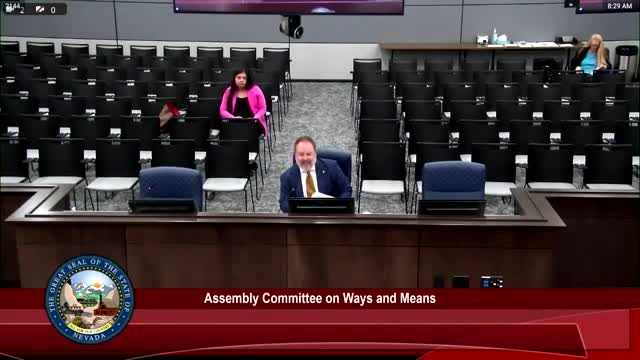Article not found
This article is no longer available. But don't worry—we've gathered other articles that discuss the same topic.
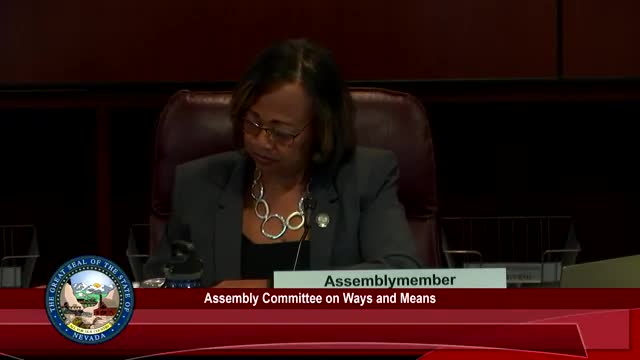
Nevada bill would direct excess Education Stabilization funds to teacher recruitment, require district spending plans
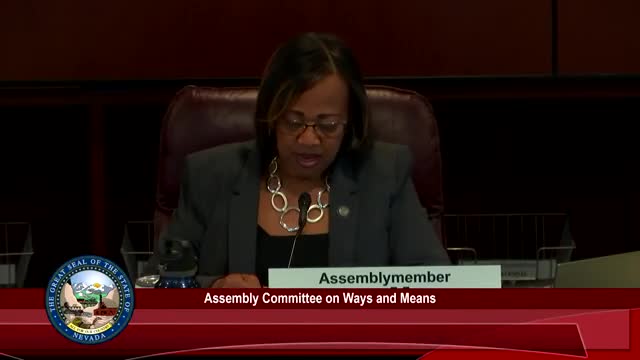
Ways and Means committee introduces four BDRs including education and collective bargaining revisions
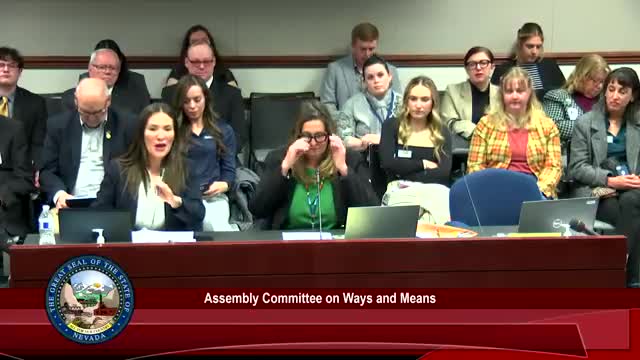
Assemblymembers seek statewide universal school breakfasts and lunches; amendment would exclude Clark County and scale funding
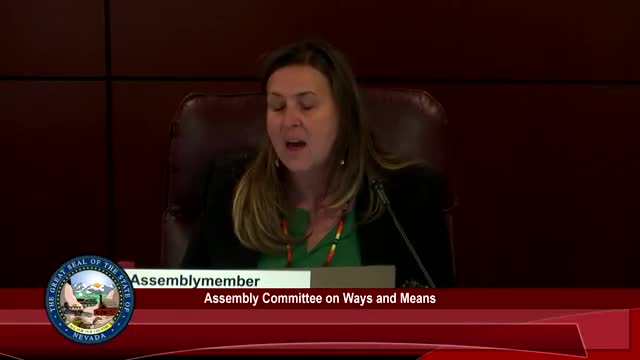
Committee hears $1 million appropriation request for Outdoor Education and Recreation grants; program reports statewide reach
